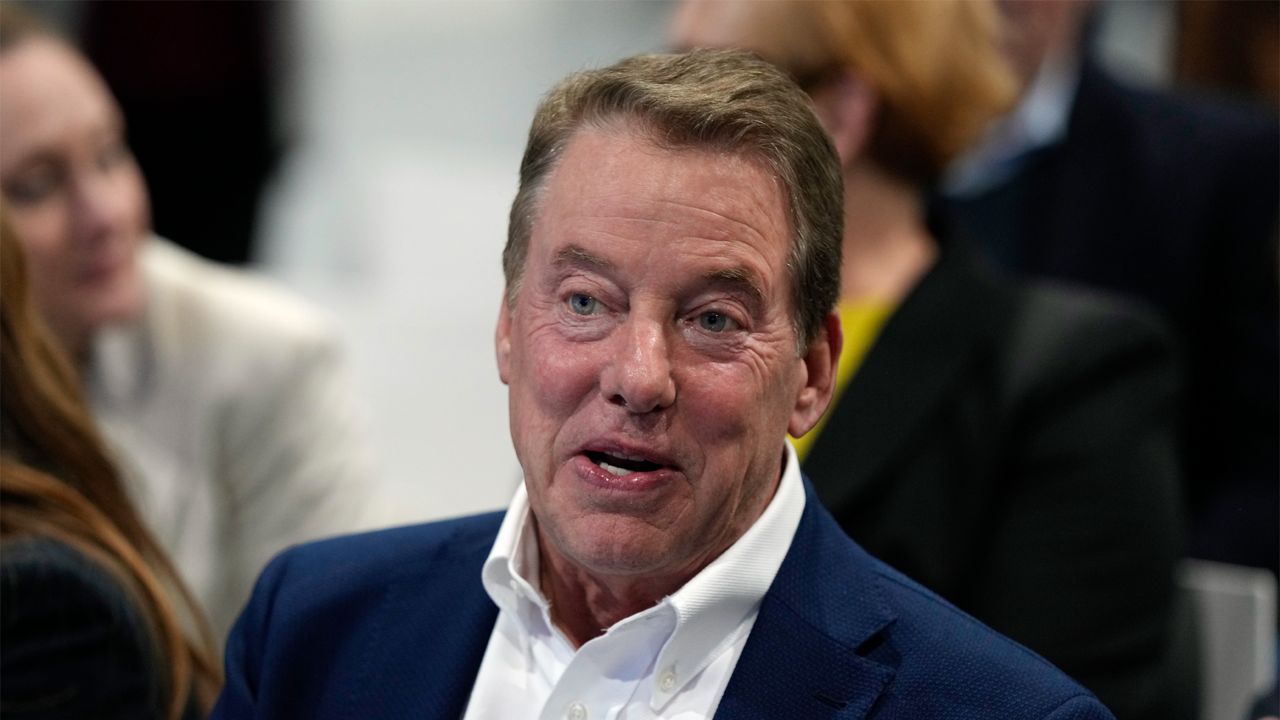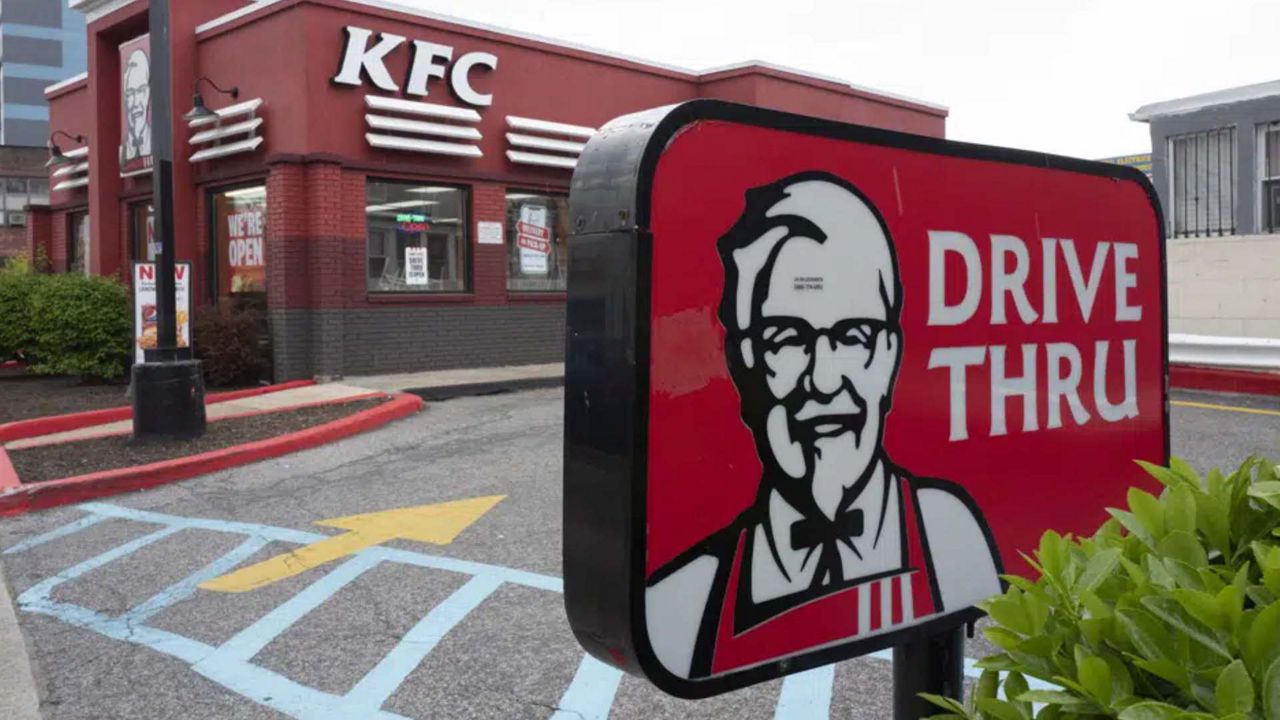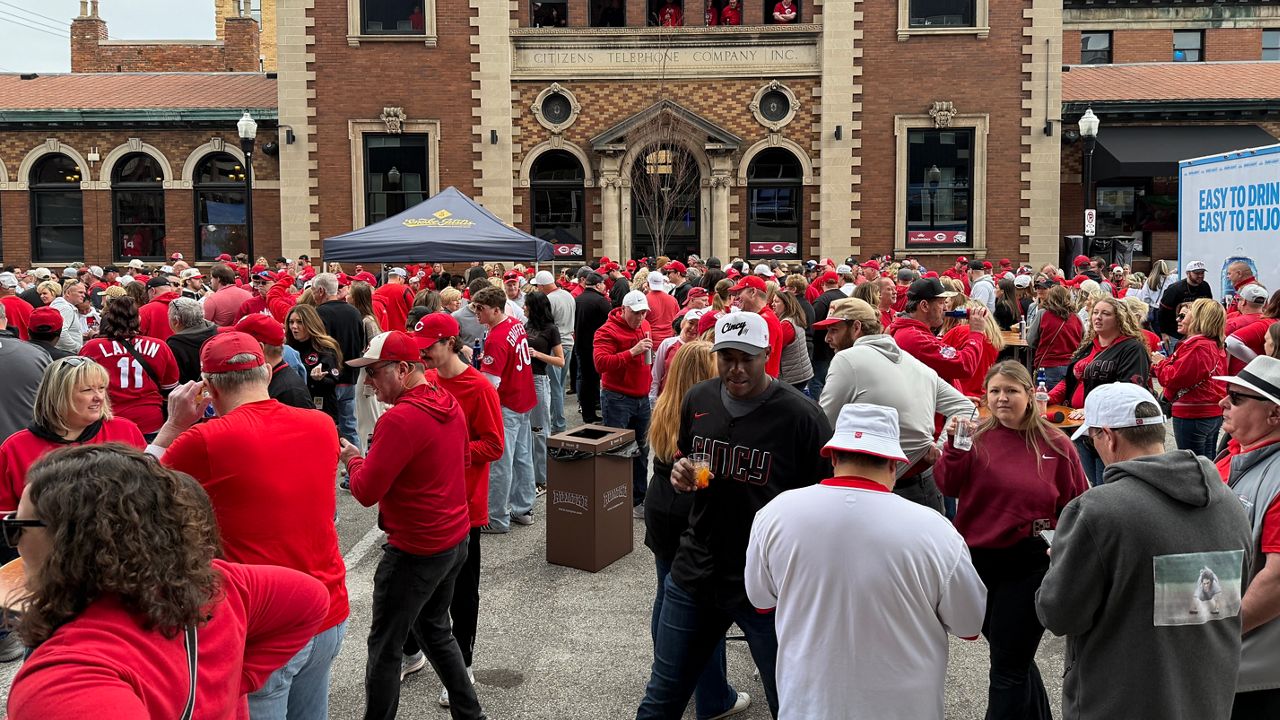DETROIT — Ford Motor Co. Executive Chairman Bill Ford called on autoworkers to come together to end a monthlong strike that he says could cost the company the ability to invest in the future.
In a rare speech during contract talks in the company’s hometown of Dearborn, Michigan, Ford said high labor costs could limit spending to develop new vehicles and invest in factories. “It’s the absolute lifeblood of our company. And if we lose it, we will lose to the competition. America loses. Many jobs will be lost,” said the great grandson of company founder Henry Ford.
The company, he said, builds more vehicles in America and has more United Auto Workers employees than any company, which has increased its costs in a highly competitive industry.
Ford has 57,000 UAW workers compared with 46,000 at GM and 43,000 at Stellantis. “Many of our competitors moved jobs to Mexico as we added jobs here in the U.S.,” Ford said.
The company is near an impasse with the United Auto Workers union, which walked out in targeted strikes at all three Detroit automakers on Sept. 15,
Last week, 8,700 union members walked out at the largest and most profitable Ford plant in the world, the Kentucky Truck Plant in Louisville.
Ford said the strike at the Kentucky plant is harming tens of thousands of Americans who work for parts suppliers and Ford dealers. The strike also could cause a fragile parts supply base to collapse, he said. “If it continues, it will have a major impact on the American economy and devastate local communities,” he said.
UAW president, Shawn Fein responded on X, formerly Twitter, Monday afternoon.
Ford, only the fourth family member to lead the 120-year-old company, said he has watched other countries lose their auto industries, then all of their manufacturing base. He said strong American manufacturing is essential for national security.
“We need to come together to bring an end to this acrimonious round of talks,” Ford said. “I still believe in a bright future—one that we can build together. I still believe the automobile industry is a major force for good in our country. We will continue to be there when America needs us most.”
Last week, after the Kentucky strike began, a top Ford executive said on a conference call with reporters that Ford had reached the limit in how much it will spend to end the strike.
The speech from Ford arrives with the entire auto industry, making a historic and expensive shift from internal combustion engines to electric vehicles.
UAW President Shawn Fain has said Ford and crosstown rivals General Motors and Jeep maker Stellantis are making billions in profits, and that workers should get a share. He says the workers should be repaid for sacrificing general pay raises, cost-of-living adjustments and agreeing to lower wage tiers to keep the companies afloat during the Great Recession.
The union began striking at targeted factories after its contracts with the companies expired. It started picketing one assembly plant from each company, but that has since spread to 38 parts warehouses at GM and Jeep maker Stellantis. The UAW later added another assembly plant at both GM and Ford.
Last Wednesday Fain made the surprise announcement that the union would walk out at the Kentucky plant, which makes Super Duty pickups and large Ford and Lincoln SUVs.
About 34,000 of the union’s 146,000 employees at all three automakers are now on strike.
Kumar Galhotra, president of Ford Blue, the company’s internal combustion engine business, told reporters Thursday that Ford stretched to get to the offer it now has on the table.
The apparently widening labor rift suggests Ford and the union may be in for a lengthy strike that could cost the company and workers billions of dollars.
Fain said on Wednesday that Ford told UAW bargainers for nearly two weeks that it would make another counteroffer on economic issues. But at a meeting called by the union, the company didn’t increase its previous offer, Fain said. “Ford hasn’t gotten the message” to bargain for a fair contract, Fain said in announcing the walkout by 8,700 workers at the company’s Kentucky Truck Plant in Louisville.
“We’ve been very patient working with the company on this,” he said in a video. “They have not met expectations, they’re not even coming to the table on it.”
Galhotra called Ford’s offer “incredibly positive” and said Ford never indicated to the union that it would be increased.
“We have been very clear we are at the limit,” he said on a conference call with reporters. “We risk the ability to invest in the business and profitably grow. And profitable growth is in the best interest of everybody at Ford.”
The company has a set amount of money, but will move dollars around that might fit the union’s needs, he said, adding that he still thinks it’s possible to reach a deal.
The union has said Ford’s general wage offer is up to 23% over four years and that it has reinstated cost-of-living raises. GM and Stellantis were at 20%. But Fain said none was high enough.









